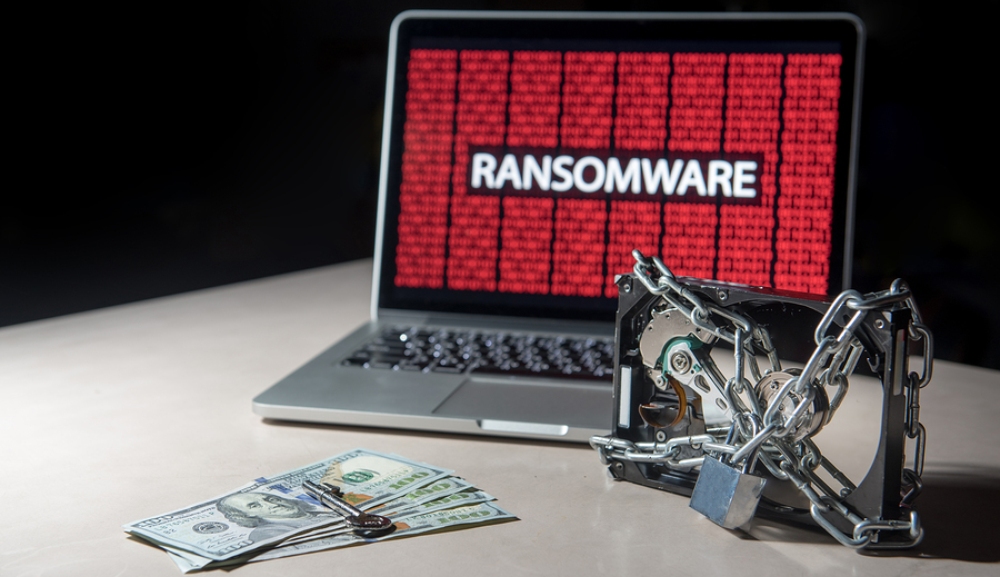
Cybercrime is a growing problem globally affecting businesses of all sizes, types, and wealth; however, in recent years, Small to Medium-sized Enterprises (SMEs) have come under increasing threat and from one particular type of attack – namely, ransomware.
In 2021 alone, internet-based crime is expected to total $6 trillion and is forecast to increase year on year by as much as 15%, eventually rising to $10.5 trillion by 2025. Indeed, the monies generated by online criminals make cybercrime (by way of comparison) the third-largest global economy behind the US and China.
What is ransomware?
Ransomware is a type of malware (infected software) that uses one particular form of attack to exploit the inherent add/edit/delete rights of data. In a ransomware attack, a hacker will infiltrate a company's network to take control of its precious digital data, lock it down, and demand payment for its release. If the owner fails to pay, they lose their data – something that most firms these days simply can't exist without.
In our modern connected world, data is now estimated to be the most valuable commodity on earth – and its little wonder when you consider how much firms rely on the digital landscape to operate. In recent times, data has become the driving force behind most businesses.
Why is ransomware becoming so prevalent?
While the online risks faced by SME companies (as with all companies) are many and numerous, over the last few years, cybercriminals have increasingly moved to use ransomware infiltration based on the increasing value of data coupled with the somewhat lax approach taken by many smaller firms to their online security.
Unfortunately, recent research has shown that many SMEs consider themselves simply too small and insignificant to be the target of a cyberattack and, consequently, fail to invest in their own online and network protection. It seems there's a somewhat prevalent view among many smaller business owners that the lower revenue their firms generate means they'll slip under the hackers' radar. However, the total opposite is happening, and cybercriminals are coming to see SMEs almost as a soft target.
Astonishingly, in a recent survey, some 43% of SME owners admitted having no cybersecurity defense plans in place - yet 60% believed their firm remained at risk from an online attack. Even more worryingly, evidence has shown that 60% of smaller firms that have been hacked subsequently fold within the following three months. Contrary to the persistent views of many SME bosses, the threat from cyberattacks is very, very real – and, equally, very serious.
Advice for SMEs to protect themselves from a ransomware attack
In truth, there is no 100% guarantee that your firm will remain safe from hackers – but there are definite moves you can make to increase your protection. These days, it's becoming increasingly common for firms of all sizes to outsource their digital and online requirements to the third-party, specialist cloud, and managed service providers, thereby removing the headache of running their IT safely.
While you could muddle by with a DIY approach to online security, most firms are now coming to realize this isn't an area of their operations they can take lightly. By working with a professional IT provider, you'll make considerable inroads to protecting yourself – plus have the security of knowing your data is backed should the worst happen.
